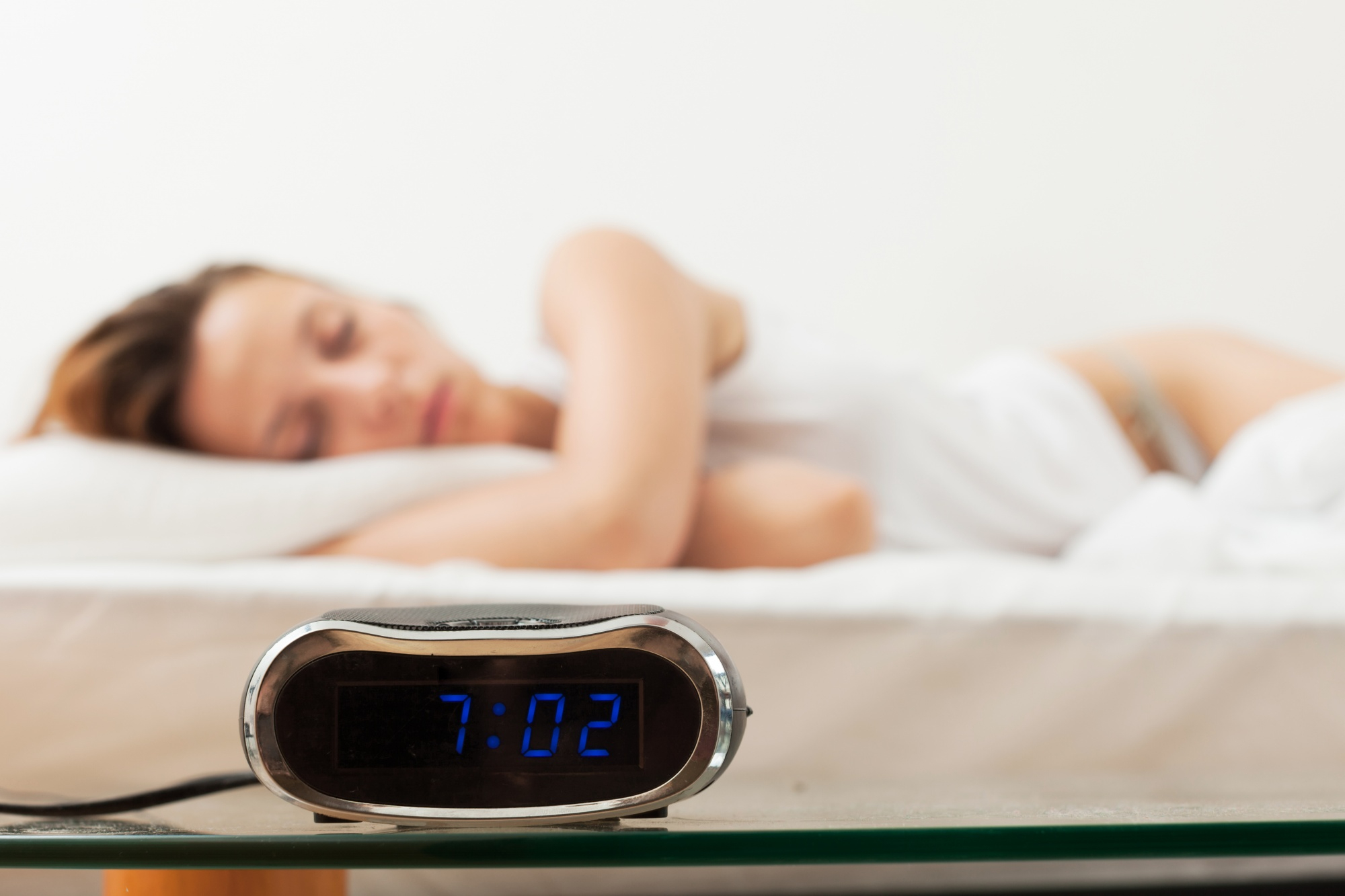The global sleep tech devices market is expected to grow at a CAGR of ~11% during the forecast period. The increasing prevalence of sleep disorders, growing public awareness about the importance of sleep health, and technological advancements in sleep tech devices are some of the factors driving the market growth. However, higher costs of these devices and lack of clinical validation for some devices are notable constraints for the growth of the sleep tech devices market.
Brussels, Belgium, July 01, 2025
Sleep tech devices are electronic tools and systems designed to monitor, analyze, or improve sleep quality and disorders related to sleep. They use sensors, artificial intelligence (AI), and wireless connectivity to help users understand and optimize their sleep patterns. These gadgets fall into two main types: wearables and non-wearables. Wearables, including smartwatches, fitness bands, and smart rings, are worn on the body and track sleep stages, heart rate, breathing, etc. On the other hand, non-wearables offer contactless monitoring options and may include features like under-mattress sensors, temperature control or AI-enabled sleep coaching.
Rising prevalence of sleep disorders drives sleep tech devices market
Sleep disorders are becoming increasingly common across the globe, affecting people irrespective of age and lifestyle. Factors like rising stress levels, sedentary lifestyle, irregular sleep habits, and growing screen exposure time, especially before bedtime, have contributed to poor sleep quality and irregular sleep cycles. Conditions such as insomnia, sleep apnea, restless leg syndrome, and circadian rhythm disorders are now being diagnosed more frequently, not just in adults but also in younger populations. The growing burden of sleep disorders emphasizes the need for early diagnosis, behavioural interventions, and innovative solutions like sleep tech devices.
Growing adoption of wearable sleep trackers to fuel market growth
Wearable sleep trackers are smart devices worn on the body, typically on the wrist or finger, that monitor and analyze various sleep-related metrics. These gadgets have gained popularity as more people seek to improve their sleep quality, mental health and overall well-being. Common examples include smartwatches, fitness bands, and smart rings, which use sensors to collect data on sleep duration, heart rate, SpO₂, respiratory rate, breathing patterns, and body motion during the night. Wearable trackers provide continuous, real-time insights without disrupting the user’s natural sleep. These devices are often integrated with mobile apps to offer personalized feedback, trends, and tips to improve sleep habits. Wearable sleep trackers play an important role in encouraging users to be more mindful of their sleep patterns.
Recent developments in the sleep tech devices market
- In January 2025, VIV Health launched a smart ring featuring AI-generated sleep‑aid soundscapes at the CES 2025, designed to enhance sleep quality based on sleep stages, heart rate, SpO₂, and HRV data
- In January 2025, PranaQ received FDA clearance for its TipTraQ, an AI-powered system designed to track and monitor sleep quality and respiratory sleep disorders like sleep apnea
- In May 2024, Somnee announced that it has enhanced its sleep wearable Smart Sleep Headband with a new app update aimed at improving the precision of sleep quality assessments and supporting early intervention
Competitive Landscape Analysis
The global sleep tech devices market is marked by the presence of established and emerging market players such as Oura Health Ltd; Apple Inc.; Eight Sleep Inc.; Fitbit, Inc.; ResMed Inc.; Garmin Ltd.; Elemind Technologies Inc.; Koninklijke Philips N.V.; Huawei Technologies Co., Ltd.; and Sleep Number Corporation among others. Some of the key strategies adopted by market players include new product development, strategic partnerships and collaborations, and geographic expansion.
What Cover in Report?
| Report Scope | Details |
| Base Year Considered | 2024 |
| Historical Data | 2023 – 2024 |
| Forecast Period | 2025 – 2030 |
| Growth Rate | ~11% |
| Market Drivers |
|
| Attractive Opportunities |
|
| Segment Scope | Product Type, Application, and End-user |
| Regional Scope |
|
| Key Companies Mapped | Oura Health Ltd; Apple Inc.; Eight Sleep Inc.; Fitbit, Inc.; ResMed Inc.; Garmin Ltd.; Elemind Technologies Inc.; Koninklijke Philips N.V.; Huawei Technologies Co., Ltd.; and Sleep Number Corporation among others |
| Report Highlights | Market Size & Forecast, Growth Drivers & Restraints, Trends, Competitive Analysis |



















